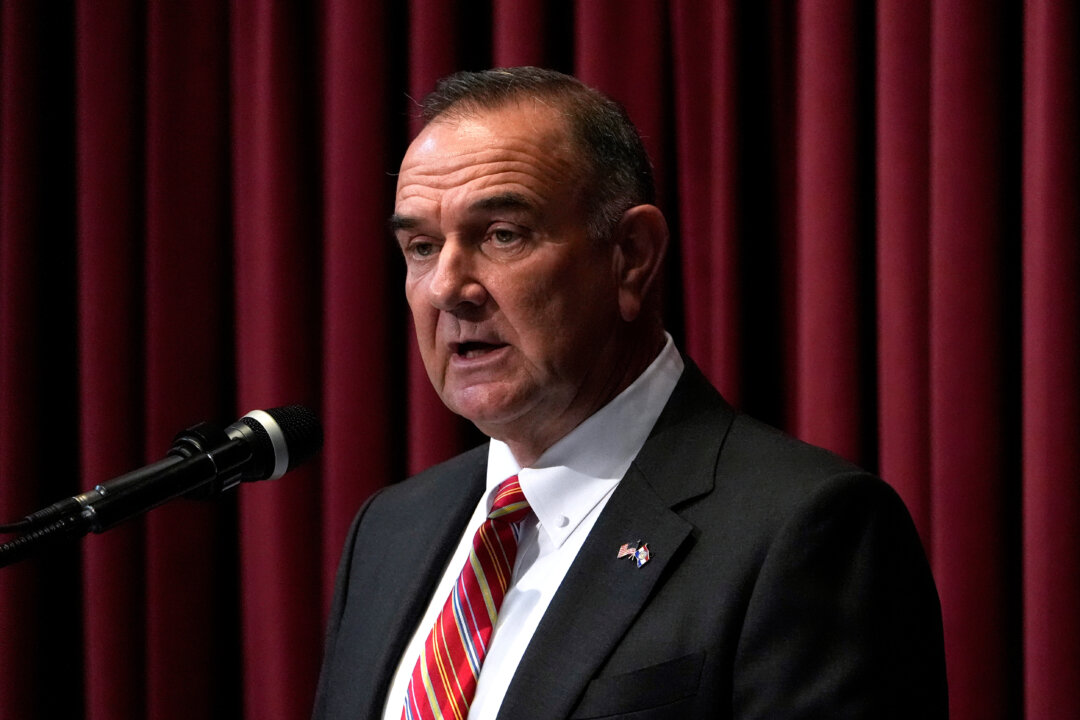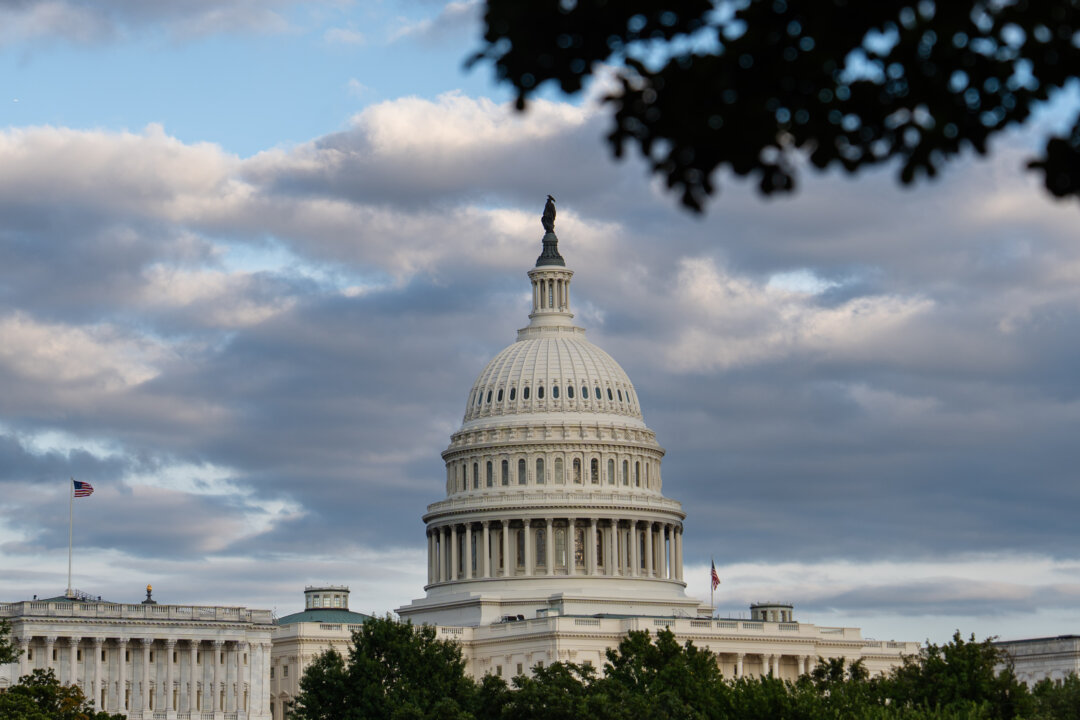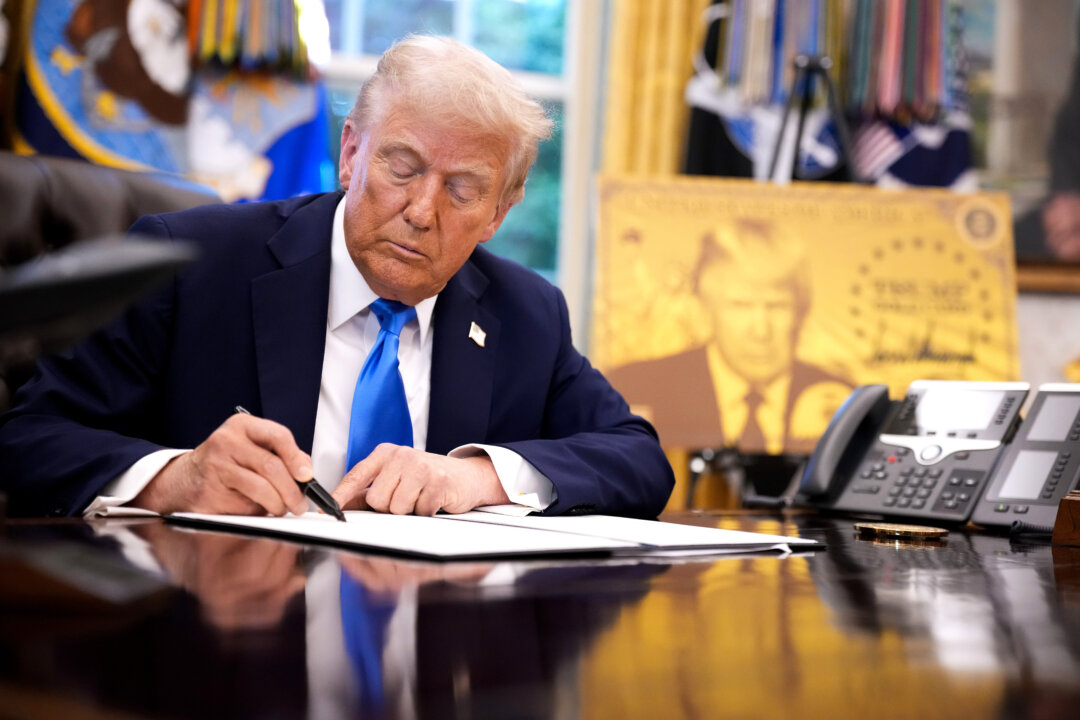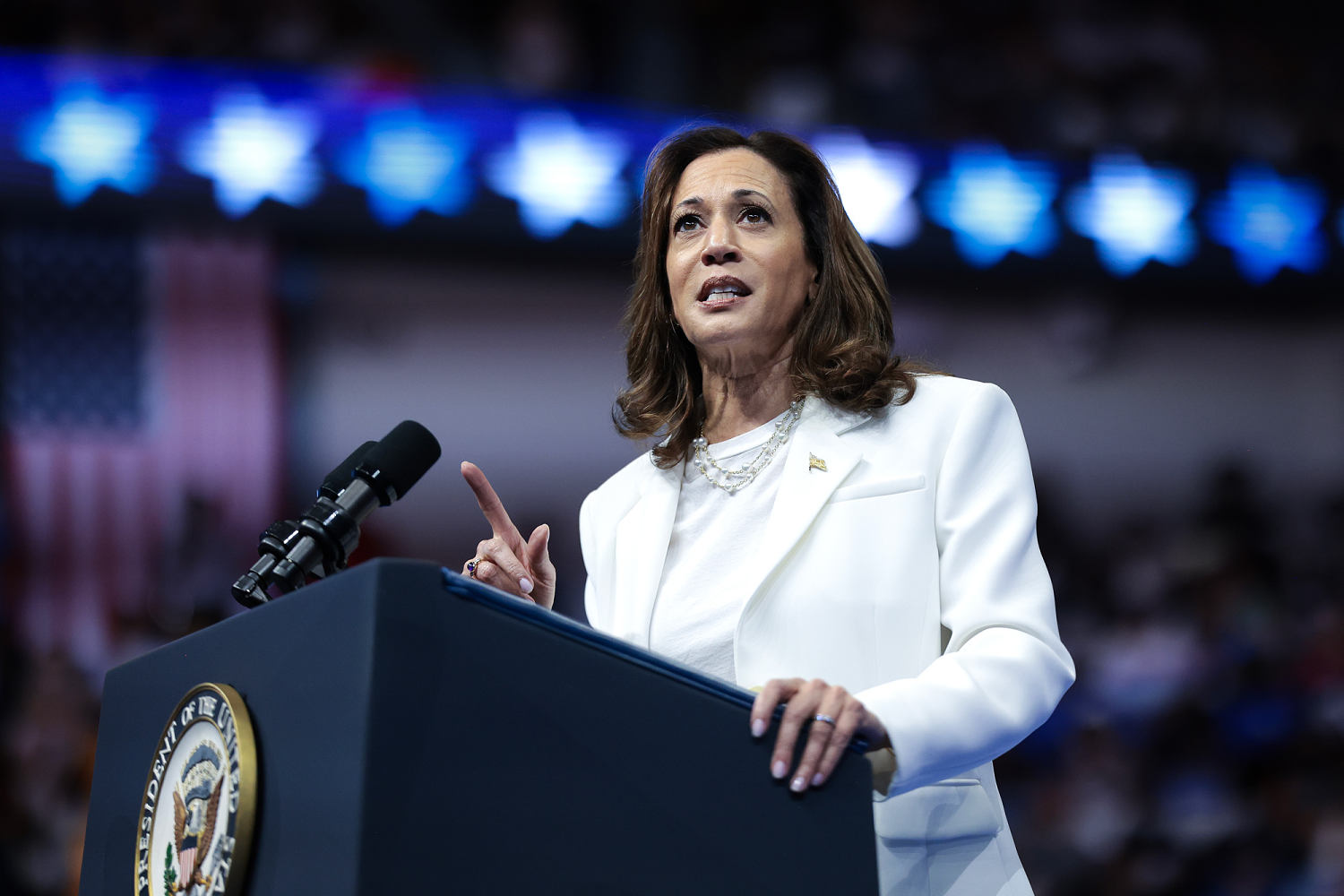Ted Cruz may hate me for the moment for saying this but: Good for Ted.
By likening the intimidation tactics of President Donald Trump’s FCC to the mafia in the case of The Government v. Jimmy Kimmel, Cruz imparted a valuable lesson his colleagues, and everyone in public life, should mind: This is still America, and you can speak up about your principles.
That I have to say this at all speaks to the trial we’ve only just begun. But let’s focus for now on this most instructive Ted talk.
The Texas Republican has been a reliable ally of Trump since the memorable unpleasantness of their 2016 primary. What Cruz said then — that Trump was no small-government conservative — proved prescient after last week, when FCC commissar (I mean commissioner!) Brendan Carr said that Kimmel’s corporate parentcould “do this the easy way or the hard way.”
Well, Disney, the company in question, quickly got the message. Kimmel was “indefinitely” suspended from his talk show, as Disney put it.
Predictably, Kimmel’s Hollywood colleagues, union allies and other liberal civil libertarians rose to his defense and expressed outrage at both the naked use of state power against speech and industry’s abject capitulation.
Less predictably, Cruz went on his podcast, Verdict, and said Carr’s comments were something straight out of Goodfellas — “Nice bar you got here, it’d be a shame if something happened to it” — and invoked the commissioner by name before urging fellow Republicans to also speak out.
“I like Brendan Carr, but we should not be in this business,” said Cruz. “We should denounce it.”
Cruz went even further, though, echoing the same, far-sighted warning regularly issued about Trump’s abuses of power from another conservative corner, the Wall Street Journal editorial page.
“It might feel good right now to threaten Jimmy Kimmel, but when it is used to silence every conservative in America, we will regret it,” Cruz said, calling the precedent “dangerous as hell.” (The Journal rewarded Cruz’s stand for speech in a Monday editorial headlined “Ted Cruz’s Finest Hour”).
Now, Cruz wasn’t alone among figures of the right in raising his voice against Carr’s coercion. Other Republicans did, too — most notably, if more delicately, Cruz’s freshman colleague, David McCormick of Pennsylvania.
What was significant about Cruz and McCormick speaking out was that it represented something of a break for both ambitious Republicans. This wasn’t Lisa Murkowski and Susan Collins.
More significant was that the two criticized the administration, seemingly avoided a Trump reprisal and got results: Disney climbed down Monday and announced Kimmel would return to his late-night perch.
This is the way — and I know it’s sad this requires saying — the system is supposed to work. The executive branch overreaches, and the coequal legislative branch puts principle ahead of party and exercises a form of oversight. Checks and balances. Does it ring a bell?
Sen. Brian Schatz, the Hawaii Democrat and Leader-in-waiting, put it well following Disney’s walkback: “This is a good moment for America. Whatever one’s political preference, it is important to remember that the president and the presidency are powerful but not all powerful, and that upholding the Constitution and laws of the United States is good for business.”
Schatz gets at something that I hope every member of Congress and every governor will keep in mind: The private sector and other elements of civil society may be nervous about transgressing Trump, but they’re also deeply susceptible to public sentiment.
Threats to cancel subscriptions to Disney products carry weight. and when corporate executives see economic pressure coupled with public outrage from prominent members of Trump’s own party, well, they act.
Media praise for his sharp break from the MAGA line is hardly what Cruz is after. Strange new respect is not going to endear him to the Republicans of Waco, let alone those in Waterloo he may be after in 2028 or 2032. He’s no more looking for this homage than he is looking to extend the Cruz Curse by attending the Texas A&M-LSU football game next month. (Come on down to Baton Rouge, senator!)
Yet the reason I began this column by saying Cruz may only hate me in the moment is because he seems to be making a longer-term play. The onetime George W. Bush aide turned Tea Party fellow traveler turned Trump enthusiast is nothing if not deft in navigating the shifting tides of his party. Which is why it’s no coincidence that he’s twice now picked high-profile moments to state publicly what many of his colleagues are only saying privately.
Recall that in April, in the immediate aftermath of “Liberation Day,” Cruz appeared on a live airing of Sean Hannity’s show in the Capitol with other GOP senators to all but speak directly to Trump through his television.
“Take the deal,” Cruz implored Trump at the time, when it was an open question as to whether the president would agree to low-tariff trade agreements. The senator warned Trump that there were “voices in the administration that rather than take a deal are saying we want to have tariffs as a long-term permanent feature of the economy.”
That, Cruz said, “would be a mistake.”
It's clear the 54-year-old Texan is wagering that at some future date, when he’s still young enough to run for president again, his party will drift back to its free market and free speech moorings. I know Cruz well enough to hear him saying it on the stump at some future Pizza Ranch stop: Look, folks, I think Trump did a lot of good and his critics never gave him a fair shot, but I stood up for our conservative values when it wasn’t totally popular in our party. (And, yes, it’s also no coincidence that Cruz has used his two major critiques to target other actors in the administration rather than Trump himself.)
His bet may be folly, and the future GOP could be as enthralled with economic nationalism and silencing critics as Trump is now. In fact, that may be more likely than what Cruz seems to expect. The forces of populism and illiberalism, if you hadn’t noticed, are on the rise in much of the world.
For now, though, let’s reflect on this momentary triumph. Lawmakers didn’t whisper on background about how embarrassing this all is and then wrap themselves in a MAGA flag in public. Rather, a bipartisan group of leaders stated clearly and publicly that, no, in this country we don’t let the government dictate who can and can’t host TV shows. And they were heard.
One last word for those in elected office about who’s watching.
When the push alerts popped up that Disney would let Kimmel return to the air, I was standing in Berlin with a group of business executives. They were eager to share the news from across the Atlantic with me, and there was a palpable sense of reassurance. And it wasn’t because the late-night comedian had managed, without our noticing, to reach David Hasselhoff-levels of popularity in Germany.
The Berliners were comforted, and perhaps surprised, to see that America is still America. For the moment.
.png)













 English (US)
English (US)